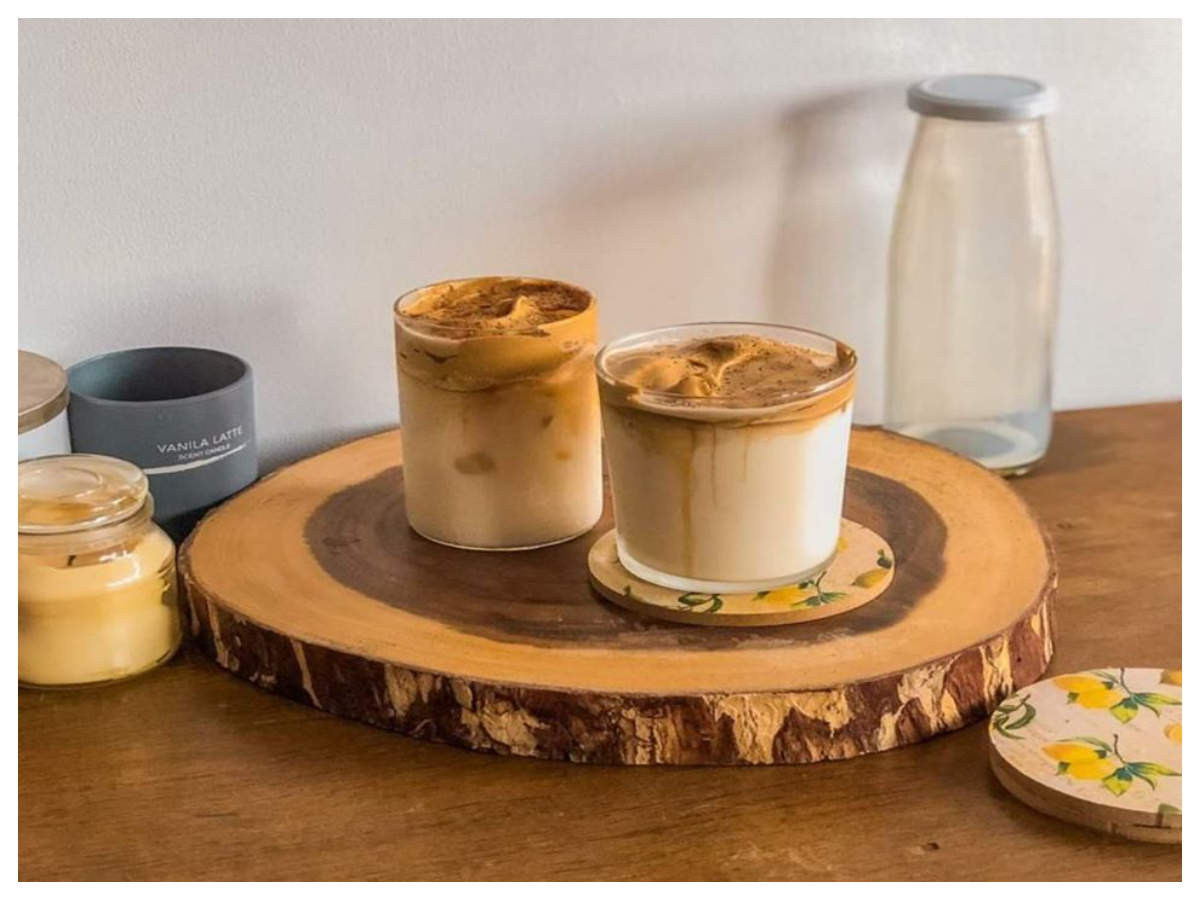
Nagpur: The coronavirus outbreak has taken the sheen out of festive celebrations, yet people are finding ways to celebrate them at their homes.
On Tuesday, different communities will be celebrating new year as per their regional calendar. A wide variety of delicious sweets, which are the highlight of the Bengali new year ‘Poila Boishakh’, won’t make it to the table this time. Also, not all ingredients to make the delicacies at home are available.
“Sadly, we won’t be able to visit our near ones and Kali Bari (Kali temple). But we will make video calls to them. Also, sweets like payesh and malpua can be prepared at home,” said Debashree Chatterji, a teacher.
Amrita Guha, a banker, said, “This year’s Poila Boishakh won’t be the same. Feast will be cooked at home with ingredients available,” she said.
‘Vishu’, the new year celebration for Keralites calls for decorated temples with hangings of yellow and orange flowers, and earthen lamp. This year, the yellow flowers and other things required for the puja are not available.
The Shree Hari Hara Dharmasastha Temple of Ayyappa in Besa will be closed for the devotees. “The priest will perform a brief puja at the temple in the morning and we will light diyas at our homes, praying for an early end to the coronavirus outbreak,” said Rajan Nambiar, president, Nairsons Service Society.
Businessman Giri Venkatraman Ayyer is disappointed that they won’t will be able to celebrate the Tamilian new year Puthandu in a grand manner. “A day earlier, women decorate the house with Kolam to welcome prosperity and joy. Also, many delicacies are prepared. We are sad as we won’t get flowers, sweets and puja items for the occasion,” he said.
Grand feasts, decorated houses, events associated with good harvest and prayers at gurdwara are highlights of Baisakhi celebrated by the Sikh community. At Gurdwara Gurunanak Darbar, the community members are preparing langar and distributing it to the needy for the last two days. “All the women are offering prayers at home. We are doing paath at our homes,” said Gulraj Singh, a businessmen.
“After Gudi Padwa, I start reading Swami Samarth’s paath and there is a puja at home on the last day, which is on Tuesday. This year I have arranged a small puja with my family. The priest won’t come so we will do it ourselves,’’ said Pushpa Guhe, a housewife.
Assamese also celebrate their new year, Bohag Bihu, around this time of the year. It’s a time for feasts which go on for seven days. Women make pitha, larus (traditional food made of rice and coconut). But this year, the celebrations will be limited to homes.
On Tuesday, different communities will be celebrating new year as per their regional calendar. A wide variety of delicious sweets, which are the highlight of the Bengali new year ‘Poila Boishakh’, won’t make it to the table this time. Also, not all ingredients to make the delicacies at home are available.
“Sadly, we won’t be able to visit our near ones and Kali Bari (Kali temple). But we will make video calls to them. Also, sweets like payesh and malpua can be prepared at home,” said Debashree Chatterji, a teacher.
Amrita Guha, a banker, said, “This year’s Poila Boishakh won’t be the same. Feast will be cooked at home with ingredients available,” she said.
‘Vishu’, the new year celebration for Keralites calls for decorated temples with hangings of yellow and orange flowers, and earthen lamp. This year, the yellow flowers and other things required for the puja are not available.
The Shree Hari Hara Dharmasastha Temple of Ayyappa in Besa will be closed for the devotees. “The priest will perform a brief puja at the temple in the morning and we will light diyas at our homes, praying for an early end to the coronavirus outbreak,” said Rajan Nambiar, president, Nairsons Service Society.
Businessman Giri Venkatraman Ayyer is disappointed that they won’t will be able to celebrate the Tamilian new year Puthandu in a grand manner. “A day earlier, women decorate the house with Kolam to welcome prosperity and joy. Also, many delicacies are prepared. We are sad as we won’t get flowers, sweets and puja items for the occasion,” he said.
Grand feasts, decorated houses, events associated with good harvest and prayers at gurdwara are highlights of Baisakhi celebrated by the Sikh community. At Gurdwara Gurunanak Darbar, the community members are preparing langar and distributing it to the needy for the last two days. “All the women are offering prayers at home. We are doing paath at our homes,” said Gulraj Singh, a businessmen.
“After Gudi Padwa, I start reading Swami Samarth’s paath and there is a puja at home on the last day, which is on Tuesday. This year I have arranged a small puja with my family. The priest won’t come so we will do it ourselves,’’ said Pushpa Guhe, a housewife.
Assamese also celebrate their new year, Bohag Bihu, around this time of the year. It’s a time for feasts which go on for seven days. Women make pitha, larus (traditional food made of rice and coconut). But this year, the celebrations will be limited to homes.

Coronavirus outbreak
Trending Topics
LATEST VIDEOS
City
 Muslims help perform last rites of a Hindu woman in Indore
Muslims help perform last rites of a Hindu woman in Indore  Madhya Pradesh: COVID-19 survivor forced to put house on sale due to inhuman behaviour of neighbours
Madhya Pradesh: COVID-19 survivor forced to put house on sale due to inhuman behaviour of neighbours  PM Narendra Modi to address the nation on Tuesday at 10am
PM Narendra Modi to address the nation on Tuesday at 10am  COVID-19: Maharashtra minister Jitendra Awhad tests negative, home-quarantines himself
COVID-19: Maharashtra minister Jitendra Awhad tests negative, home-quarantines himself
More from TOI
Navbharat Times
Featured Today in Travel
Quick Links
Kerala Coronavirus Helpline NumberHaryana Coronavirus Helpline NumberUP Coronavirus Helpline NumberBareilly NewsBhopal NewsCoronavirus in DelhiCoronavirus in HyderabadCoronavirus in IndiaCoronavirus symptomsCoronavirusRajasthan Coronavirus Helpline NumberAditya ThackerayShiv SenaFire in MumbaiAP Coronavirus Helpline NumberArvind KejriwalJammu Kashmir Coronavirus Helpline NumberSrinagar encounter
Get the app



